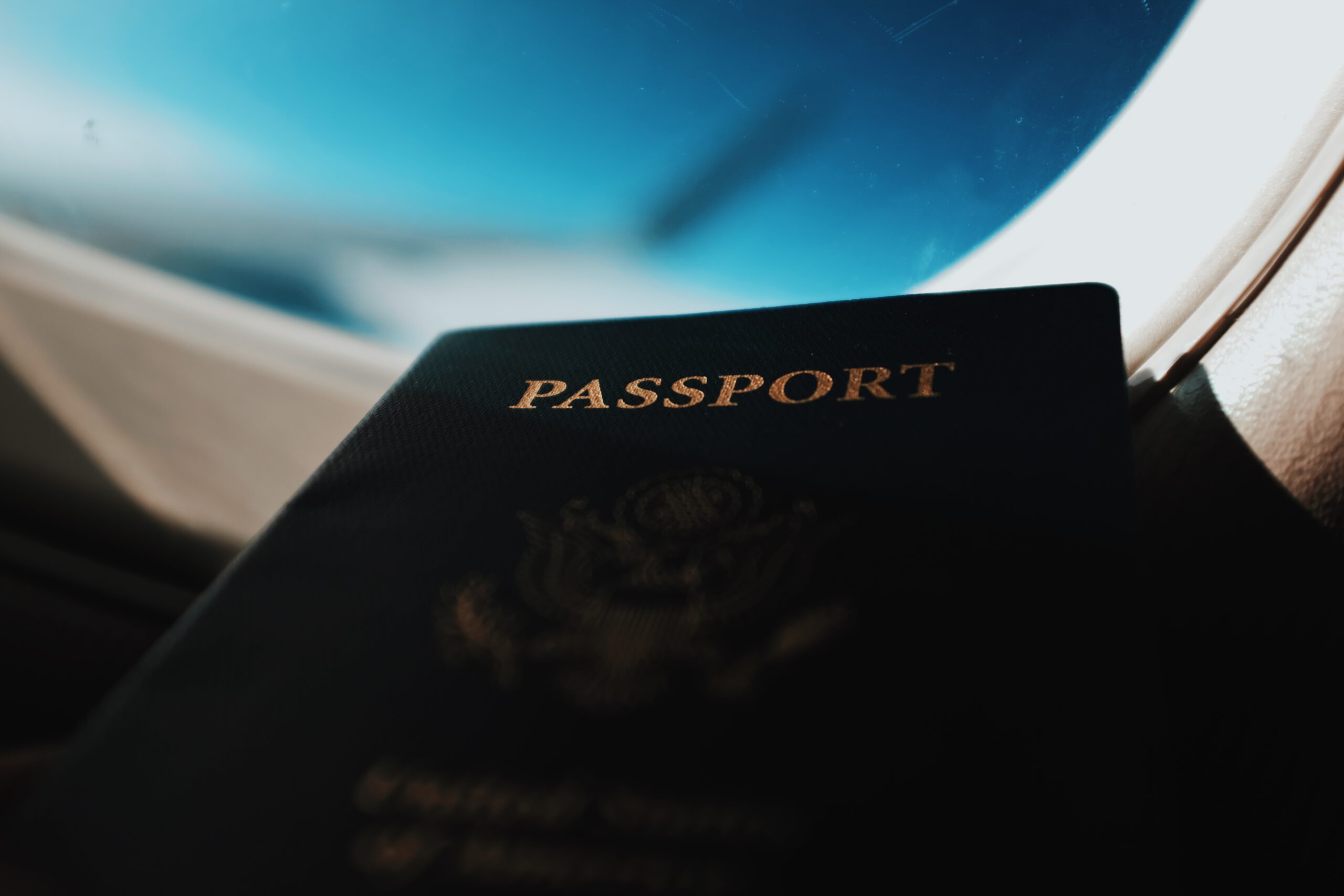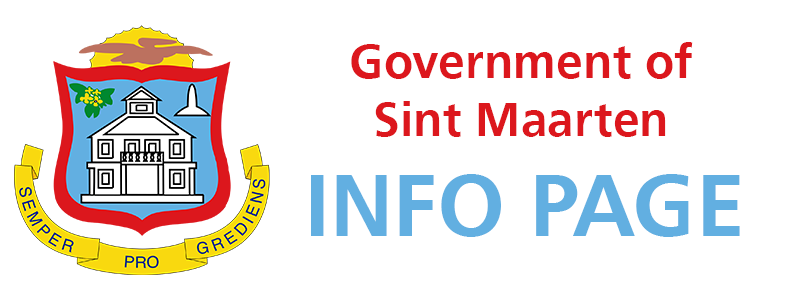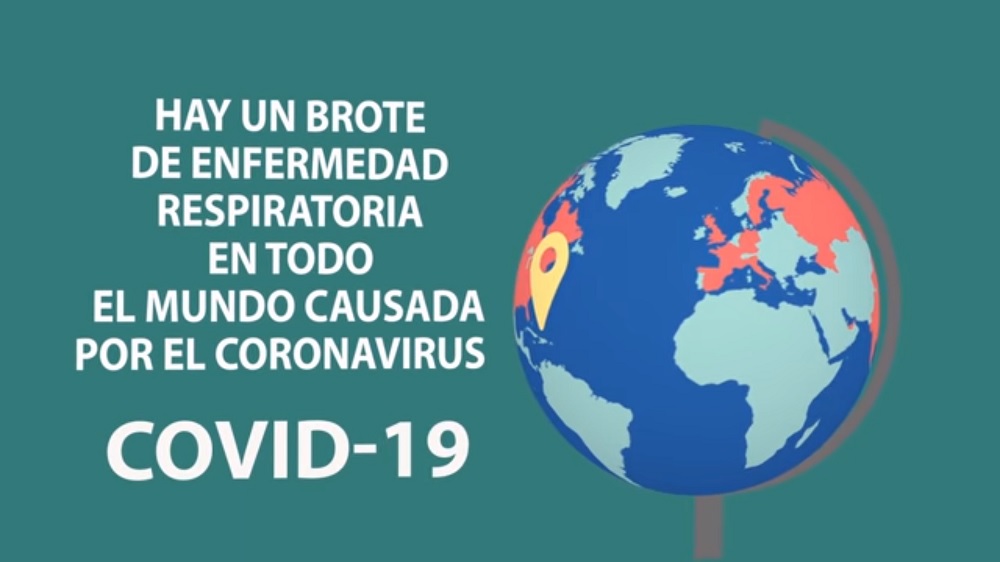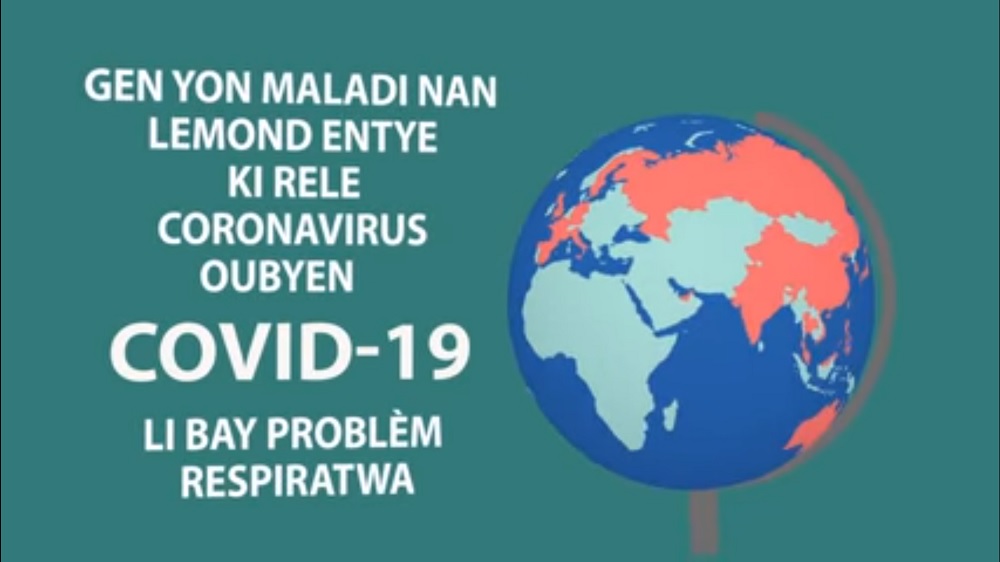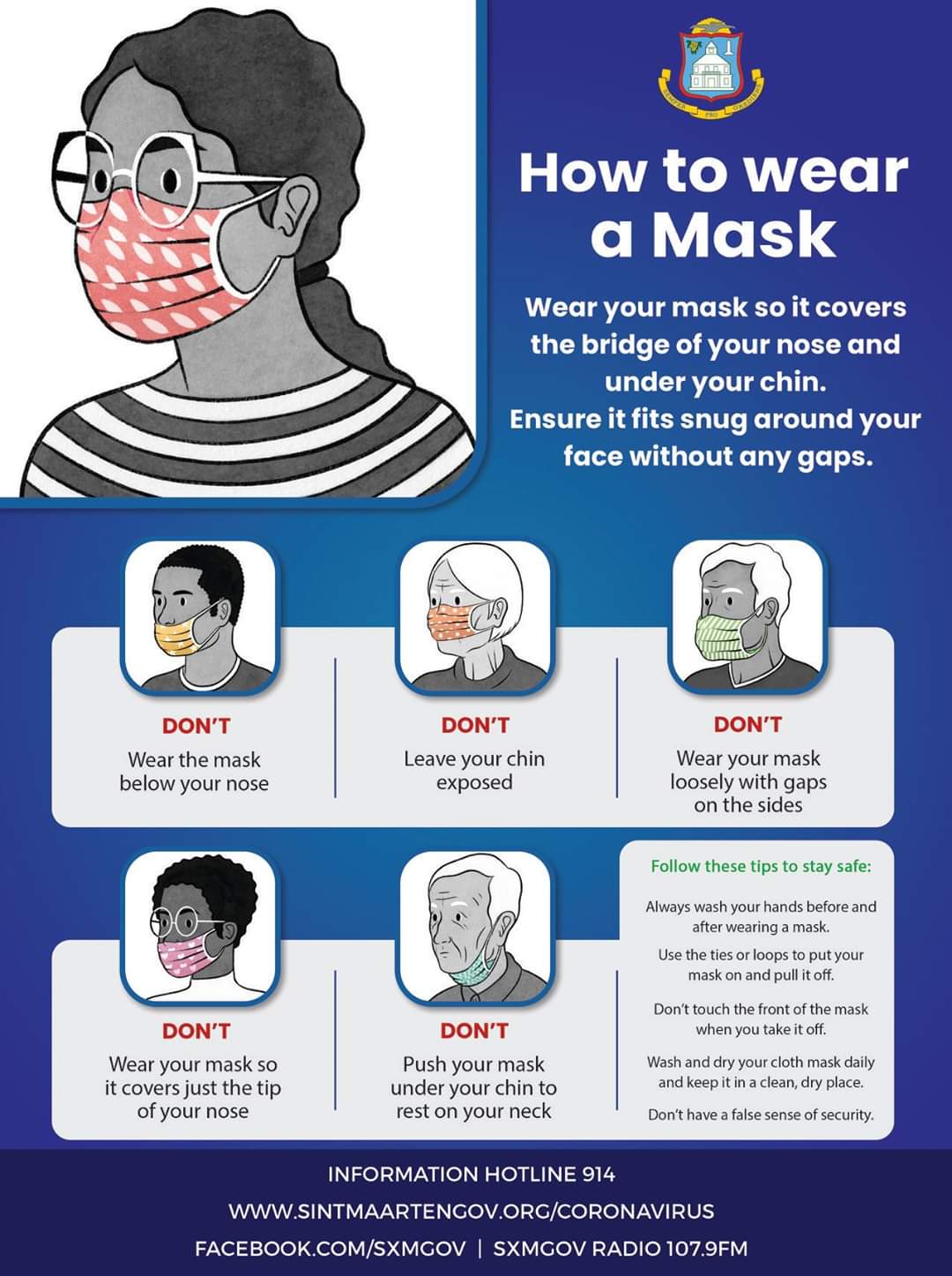Deportation of Haitian nationals with false documents allowed by the Court.
The Court in First Instance of Sint Maarten by its judgment of June 9th, 2023, denied the suspension request of a deportation and detention order of the Minister of Justice of a Haitian national.
The woman, who has minor kids in Haiti, attempted to enter St. Maarten without the required visa by using a false France residence permit in her native passport. The appearance of the French residency in her passport as well as some other items within the pages of the passport prompted the border officer to delve deeper into the authentication of the passport. After investigation, the passport was confirmed to be false and the woman was handed over to the Police for prosecution.
She was consequently charged with fraud by the Prosecutor and turned over to the Immigration and Border Protection Services for deportation since she entered illegally and thus acted against public order, which is grounds for deportation. In addition, based on the manner in which she entered Sint Maarten and the fact that she didn't have anyone in Sint Maarten, there were sufficient grounds for her detention pending deportation.
While the Minister is cognizant of the fact that Sint Maarten is bound by international convention, more specifically the applicable European Convention on Human Rights, to consider whether someone really needs protection, this has not been considered the case thus far in cases handled in Court.
Over the last year, the Minister has encountered situations whereby persons, (only) after obtaining advice while in immigration detention, claim that they need to stay under the protection of Sint Maarten. Reference was often made to refugee status under the UNHCR convention and fear of life if they were to be sent back to their country. The UNHCR convention as repeatedly decided by the (Appellate) Courts, is not applicable to Sint Maarten.
As per established applicable jurisprudence the Minister should respect the considerations in articles 2 and 3 of the EVRM (European Convention on Human Rights) and based on the circumstances determine whether one could potentially be at risk of inhumane treatment upon deportation.
In this case, Attorney Mr. Bloem on behalf of the undocumented woman, claimed that she fled Haiti and needed protection as per international conventions. An asylum request would be filed eventually directly with the Netherlands authorities.
Attorney Bloem submitted an injunction with the Court in which the suspension of the Minister's deportation and detention decision was requested. Attorney Bloem argued in the petition that the decision to deport and detain his client was not motivated and unlawful as it didn't take the situation in his client's country into consideration. His client could face inhumane treatment back home and reference was made to the UNHCR refugee convention and a procedure to obtain asylum which she should be allowed here.
On behalf of the Minister of Justice Attorney Ms. Cindy Marica argued that the Minister's decision to deport and detain the woman was taken with due consideration and all circumstances are justified. Ms. Marica pointed out the fraud committed by the woman, the circumvention of visa procedures, and the fact that the woman never claimed to be in danger when she was first arrested. In the first interview with immigration, she indicated to be on vacation and was planning to back to where she is a businesswoman and has three children.
Attorney Marica further stated that there were no extenuating circumstances proven, a general remark about the situation in parts of Haiti was not sufficient to establish that the Minister had to release the woman and allow her to stay in Sint Maarten. Of importance in connection with the referral to the alleged dangerous situation in Haiti is the fact that she left her 3 kids in Haiti, of which one is 10 a year old. This caused reasonable doubt that she was actually in danger in the part of Haiti where she resides and where she left her young kids.
The Court in its considerations agreed with the abovementioned arguments of Attorney Marica on behalf of the Minister. "Referral by persons to the general situation in Haiti is not sufficient to come to the conclusion that the situation in Haiti is so seriously unsafe that everyone who is deported to or returns to Haiti is automatically in danger", the Court ruled. The fact that her children were still residing in Haiti made the woman's referral to the danger she would be exposed to even more doubtful.
The Court in conclusion agreed with the arguments brought forward on behalf of the Minister that the woman did not make it plausible that she needed protection under the EVRM and that the Minister was authorized and justified in her decision to detain and deport the woman in the interest of public order based on the immigration laws.
The Minister and the Immigration department reiterate that entering and/or residing illegally in Sint Maarten is against public order and are grounds for deportation.
While the Minister has taken notice of the opinion of different persons in the community about the deportation of illegally residing persons that have taken place to Haiti and Venezuela especially, the Minister is merely executing the immigration laws for the sake of public order which is the Minister's legal duty.
Persons are given the opportunity to make use of the available legal remedies in deportation (or residency request matters) cases if they require such. This allows for the decisions of the Minister to be reviewed and judged by the Court for possible infringements of laws or international conventions or unlawfulness.
The Minister does not intend to act against any laws or conventions and will adhere to any (final) decision that may be taken by the Courts in such cases.
It is important to note that all suspension requests submitted with the Court against the deportation and detention decisions of the Minister submitted from June 2022 until date have been denied. One deportation case was settled and the person was released after the French authorities confirmed that he was granted French residency rights.
In all these injunction cases handled over the past year, the red line is that persons requiring a residency permit have the responsibility to apply for same, even in the event such person claim to need protection as they fear for life in their country. Remaining in Sint Maarten without a residence permit is against the law and as per the law is grounds for deportation, regardless of which country one comes from.
The Immigration Department at the A. Th. Illidge Road can be contacted for information regarding residency requests or seek legal assistance or visit our website.


